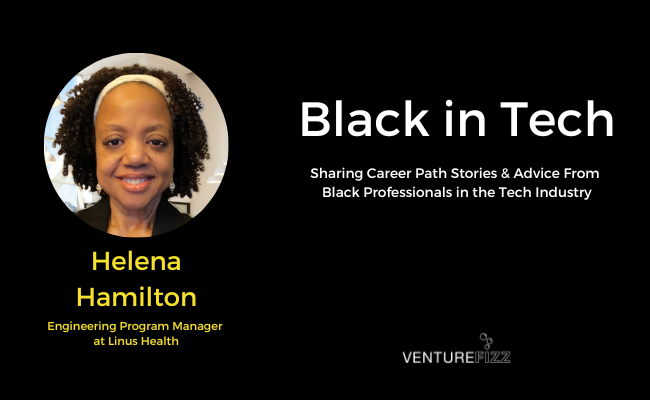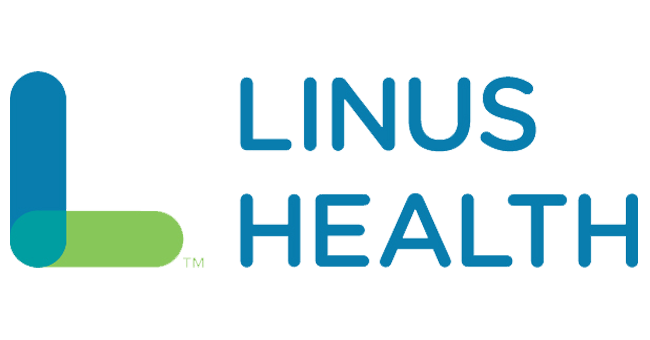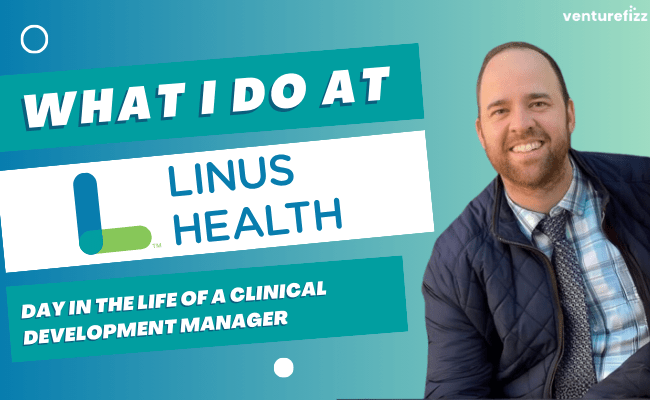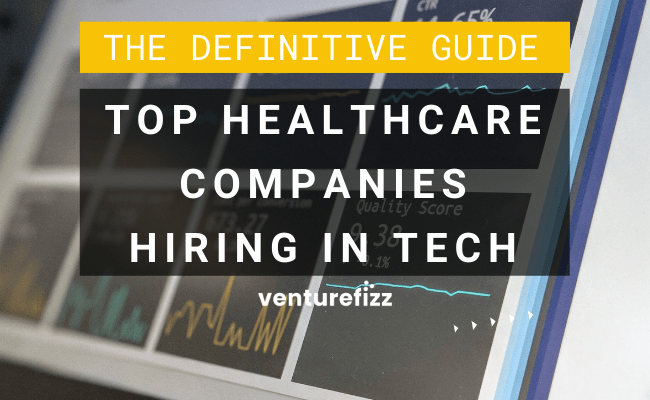Our Black in Tech series features the career path & advice from Black professionals in the tech industry. In this Q&A, Helena Hamilton, Engineering Program Manager at Linus Health shares her story.
Where did you grow up and what were you like as a child? What did your parents do for work?
I grew up in San Francisco, California. I was a pretty nerdy kid - I read voraciously. I always say I was an urban “free-range” kid. From middle school on, when I would get out of classes for the day, I had 2-3 hours of free time when I would be on my own until time to meet my father at his office to go home. I roamed all over the city during those hours. Arcade games were new, so that was a favorite destination. Or I’d hang out at the beach or Pier 39. I’d stop by our church to practice the piano. Today, no one would let a child roam around a major city unsupervised like that but I stayed out of trouble. My dad worked for the San Francisco Redevelopment Agency, eventually becoming the Executive Director. My mom was a legislative analyst until I was about 13, when she began working full time for our church.
Where did you go to college? What did you study and what did you do after graduating?
I graduated from the University of Maryland in Adelphi, Maryland. My major was Computer and Information Science. Since by then I was already working in technology, I utilized my employer’s tuition benefit to pay for school and I stayed with them for a couple of years after graduating.
What inspired you to get into the tech industry?
I think you have to go way back to find the original inspiration. My kindergarten class had a terminal connected to the mainframe computer at the Lawrence Hall of Science in Berkeley. From the time we got the terminal, I was obsessed. I played games, I learned to code in BASIC, I talked to a psychotherapy program called ELIZA and formulated odd questions to make her give responses we had never seen before. I hogged the computer so terribly that even when I wasn’t on it, the other kids would ask me if it was okay if they used my computer. This drove the teacher crazy because, of course, it wasn’t mine. But I sort of took ownership of it from day one.
What has your career path looked like in tech and the various positions you’ve held before joining Linus Health?
I took a gradual, non-traditional path into technology. I started as a technical writer with a talent for automating Excel spreadsheets. One day, the AVP over the IT department came to me and asked for help with an Excel project no one on his staff had been able to figure out. It was a very fun project, so I worked on it every spare moment. In about two weeks, I had a working prototype and demonstrated it for him. About six months later, there was an IT opening and the AVP asked me to apply. I did, got the job, and have been working in tech ever since.
I started as an entry-level software developer and over seven years, grew into a senior full-stack engineer. That employer was a healthcare company and my technical career has always focused on health information technology. Over time, I added project management to my toolbox and became PMI-certified. I was promoted to a software development manager and eventually became an IT director. I’ve worked in every sector of healthcare, in varied roles, from font-line engineer to IT executive.
Can you share the high-level responsibilities of your current position as [Engineering Program Manager] at Linus Health?
I am an Engineering Program Manager at Linus Health, a digital health company focused on transforming brain health through earlier detection of brain disorders. I’ve been with Linus for about seven months and I’ve spent my time helping Linus to create and implement best practices for initiating and carrying out software projects in a heavily regulated environment (the main product at Linus is a medical device). This means creating a transparent, mission-driven process for deciding which projects to take on, carefully documenting technical requirements, ensuring traceability to prove the software has been thoroughly validated, and also streamlining the development process so that we are nimble and efficient.
To what do you attribute your success thus far and what types of obstacles have you had to overcome along the way as a Black professional?
I don’t think there is any one factor in my success. I started out blessed with a strong family and parents who invested in my development from day one. I’ve already mentioned early experiences that sparked an interest in technology. I’m a Christian, so I believe it was divine providence that I was in the right place for an IT Exec to bring me a request that demonstrated my aptitude for programming. And then I worked really hard. I started in tech in the 90s and back then it was common to work insane hours as a tech professional.
Money for college was one hurdle. My company’s tuition reimbursement program, coupled with a small loan ended up paying for my degree at my local state university. Early on, as a working professional, I would sometimes run into negative preconceptions. I remember giving a software demo, and the client asked “Who was the programmer for this?” I responded that I was. “Yeah,” he said, “But who wrote the code?” It just didn’t compute that I was the software engineer behind this system. Fortunately, these days, a qualified black tech professional is no longer shocking.
What advice would you give to other Black professionals who are interested in joining the tech industry?
I’d encourage them to go for it. There’s a Bible verse that says “A person’s gift makes room for them” and nowhere is it more true than in technology. If you have the skills to solve a company’s problems, doors will open for you. Being in the tech field means a commitment to lifelong learning, since tools, languages, and methodologies tend to undergo major reinventions at least every 7-10 years.
While general awareness of the problem of diversity in the tech industry is a step forward, to make a lasting change, real actions need to be taken. Do you have any ideas or suggestions on what companies or employees can do to step up and make a difference?
I think it would be extremely helpful to ensure that children from every background and socioeconomic class get an early exposure to technology and a chance to develop technical aptitude. This is especially true for girls, as technology is still often presented as a pursuit that is more appropriate for boys and men. Organizations like Black Girls Code can make a great difference and tech companies should support them. One school computer terminal changed my personal trajectory by showing me that working with computers is not only technically challenging, it’s super fun as well.
Everyone is familiar with “Take your daughter to work day”; what if this kind of opportunity were more generally available? Tech companies could partner with local schools (especially those in underserved, underprivileged areas) to bring kids in for a day and get an introduction to what working in technology is like. Similarly, tech employees could volunteer in schools to be math, computing, and science tutors. That kind of partnership could be huge.






